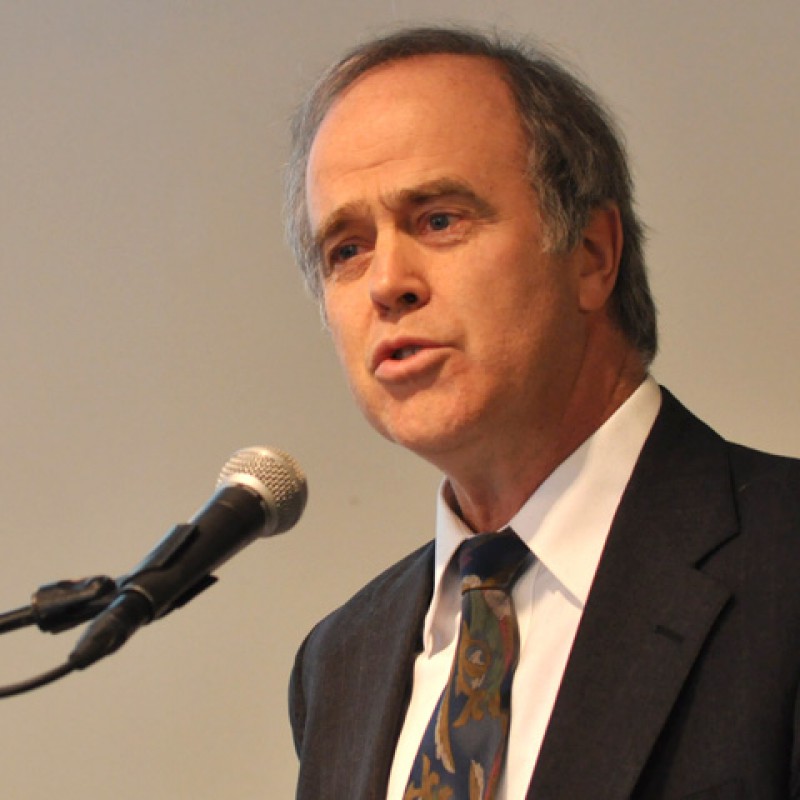KLI Colloquia are invited research talks of about an hour followed by 30 min discussion. The talks are held in English, open to the public, and offered in hybrid format.
Join via Zoom:
https://us02web.zoom.us/j/5881861923?omn=85945744831
Meeting ID: 588 186 1923
Spring-Summer 2026 KLI Colloquium Series
12 March 2026 (Thurs) 3-4:30 PM CET
What Is Biological Modality, and What Has It Got to Do With Psychology?
Carrie Figdor (University of Iowa)
26 March 2026 (Thurs) 3-4:30 PM CET
The Science of an Evolutionary Transition in Humans
Tim Waring (University of Maine)
9 April 2026 (Thurs) 3-4:30 PM CET
Hierarchies and Power in Primatology and Their Populist Appropriation
Rebekka Hufendiek (Ulm University)
16 April 2026 (Thurs) 3-4:30 PM CET
A Metaphysics for Dialectical Biology
Denis Walsh (University of Toronto)
30 April 2026 (Thurs) 3-4:30 PM CET
What's in a Trait? Reconceptualizing Neurodevelopmental Timing by Seizing Insights From Philosophy
Isabella Sarto-Jackson (KLI)
7 May 2026 (Thurs) 3-4:30 PM CET
The Evolutionary Trajectory of Human Hippocampal-Cortical Interactions
Daniel Reznik (Max Planck Society)
21 May 2026 (Thurs) 3-4:30 PM CET
Why Directionality Emerged in Multicellular Differentiation
Somya Mani (KLI)
28 May 2026 (Thurs) 3-4:30 PM CET
The Interplay of Tissue Mechanics and Gene Regulatory Networks in the Evolution of Morphogenesis
James DiFrisco (Francis Crick Institute)
11 June 2026 (Thurs) 3-4:30 PM CET
Brave Genomes: Genome Plasticity in the Face of Environmental Challenge
Silvia Bulgheresi (University of Vienna)
25 June 2026 (Thurs) 3-4:30 PM CET
Anne LeMaitre (KLI)
KLI Colloquia 2014 – 2026
Event Details

Topic description:
It is currently common for theorists to claim that self-organization and/or molecular self-replication are sufficient to account for the special properties of organisms which emerged at life’s origin. In this presentation I will show why these proposals separately and together are insufficient—though relevant—for explaining the defining features of organism dynamics, much less the emergence of life. I will offer a critique of current autocatalytic, autopoietic, hypercyclic, protocell, and replicator-based (e.g. RNA-World) theories of life’s origin. I argue that self-organization by itself is intrinsically organized to most efficiently degrade its critical supportive conditions and that molecular self-replication is intrinsically subject to error accumulation and catastrophe due to the absence of self-rectification mechanisms. The key missing feature in these approaches is resolved in a process that I have described as “autogenesis.” Autogenesis is the result of a linkage between self-organizing processes such that each potentiates and limits the other and thereby actively preserves their synergistic co-dependence. The critical property is the generation of a second-order substrate-transferrable formal constraint that channels work to prevent its own degradation and error accumulation. Three slightly more complex variants of autogenic systems are presented which demonstrate that this process can provide the basis for the evolution of active adaptation and molecular information transmission. This perspective radically enlarges the domain that we describe as “alive” to include molecular systems that may be viable in planetary contexts radically unlike those of earth.
Biographical note:
Terrence W. Deacon held faculty positions at Harvard University, Boston University, and Harvard Medical School, before assuming his current position as Professor of Biological Anthropology at the University of California, Berkeley. He has contributed to over 100 research papers spanning diverse fields and is the author of the award winning books "The Symbolic Species: The Coevolution of Language and the Brain" (W. W. Norton, 1997) and "Incomplete Nature: How Mind Emerged from Matter" (W. W. Norton, 2012). His research extends from laboratory-based cellular-molecular neurobiology (including neural xenografting) to the study of semiotic processes underlying animal and human cognition and communication (including language origins). His theoretical interests focus on self-organizing and evolution-like processes at many levels, including in embryonic development, neural signal processing, language change, and social processes, exploring how these different processes interact and depend on each other. He recently turned his attention to the problem of explaining so-called emergent phenomena, such as characterize the origin of life, the evolution of language, the nature of information, and the generation of conscious experience by brains. This is explored in his book “Incomplete Nature.”


